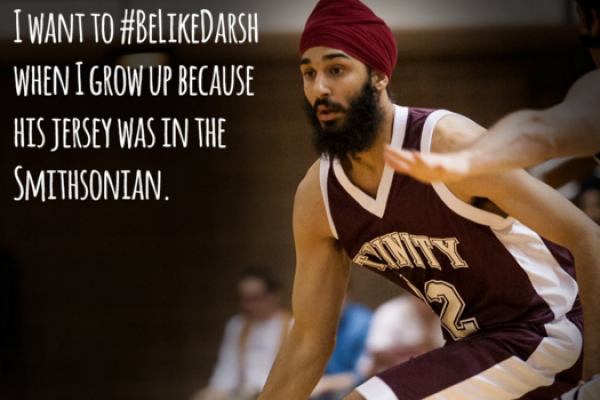Dec 21, 2015
Why and how did Greg’s post resonate with so many people on the meme’s second time around the Internet? Why did it take so much darkness before something profoundly positive happened? I think I come back to two powerful resources available to us as a church, if we have the courage to embrace it.
Read the Full Article

Already a subscriber? Login
